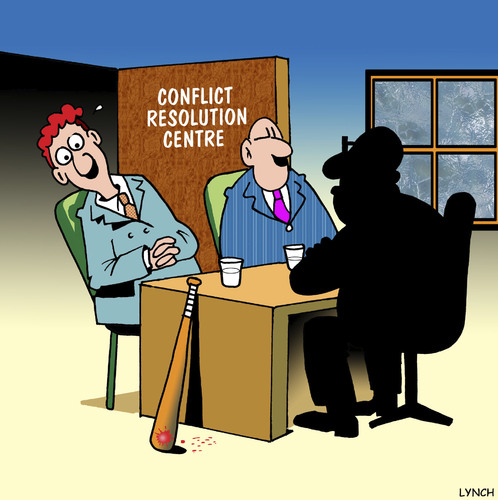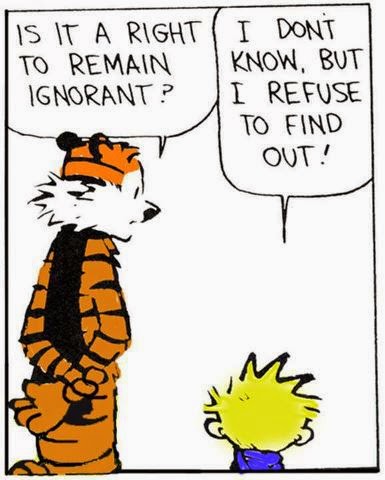 I’m continually befuddled and frustrated by one-sided conversations.
I’m continually befuddled and frustrated by one-sided conversations.
- I recently sat next to a person on a three-hour flight. I asked him about his career and family and he responded in detail. He never asked about mine.
- Mary and I had dinner with another couple. We initiated conversation about their world; they never asked about ours.
It seems to me that the focus of casual conversations should normally be evenly divided among participants. If there are four people present, each one should have about 25% of the focus. Granted, if I had dinner with a famous person whom I admire, I might want the conversation to revolve around her; but otherwise, conversations should be distributed.
If you’re the victim of a lopsided conversation, take the initiative to direct the conversation. For instance, when in the midst of a one-sided-leaning conversation, sometimes I’ll pursue balance by answering the same questions I’ve asked. If I ask someone “tell me about your children,” I’ll then volunteer information about mine, even if it’s not requested. But it’s sad that I must do this.
If you’re the perpetuator of lopsided conversations, think about what’s driving the inequality and address the fundamental problem; it’s probably one of the “self” words: self-centeredness, self-reverence, selfishness. The solution to this social and relational faux pas is found is Philippians 2: “Do nothing out of selfish ambition or vain conceit. Rather, in humility value others above yourselves, not looking to your own interests but each of you to the interests of the others.” We should focus on others instead of ourselves.
We may be so self-absorbed that we truly aren’t interested in others, and that’s why we talk about ourselves exclusively. In which case we must discipline ourselves to behave right (ask about others) so that eventually our behavior will help us think right, that is, we’ll truly want to be interested in other people’s lives and want to prefer them. Every person has a story worth telling that we can benefit from hearing.
Let’s balance our conversations.
[reminder]What are your thoughts about this essay?[/reminder]

 This post will be good news to everyone, except narcissists.
This post will be good news to everyone, except narcissists. One short phrase from the New Testament can help maintain healthy relationships both at home and work. It provides a quick and sure way to clarify misunderstandings, resolve problems, and properly express anger.
One short phrase from the New Testament can help maintain healthy relationships both at home and work. It provides a quick and sure way to clarify misunderstandings, resolve problems, and properly express anger. While differing widely in the various little bits we know, in our infinite ignorance we are all equal. —Karl Popper
While differing widely in the various little bits we know, in our infinite ignorance we are all equal. —Karl Popper